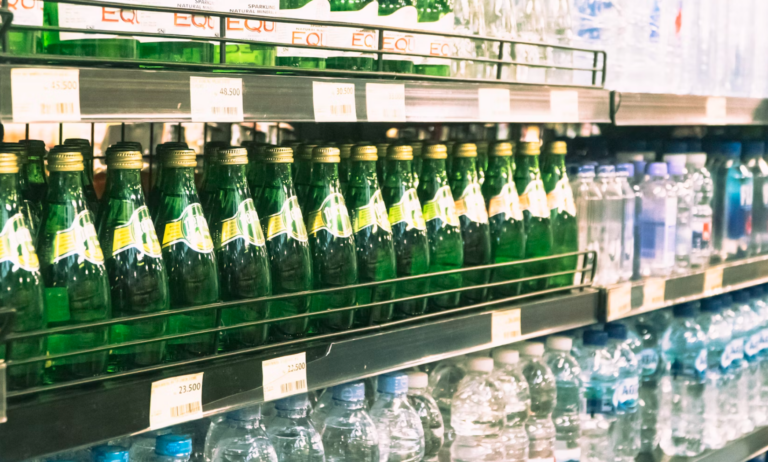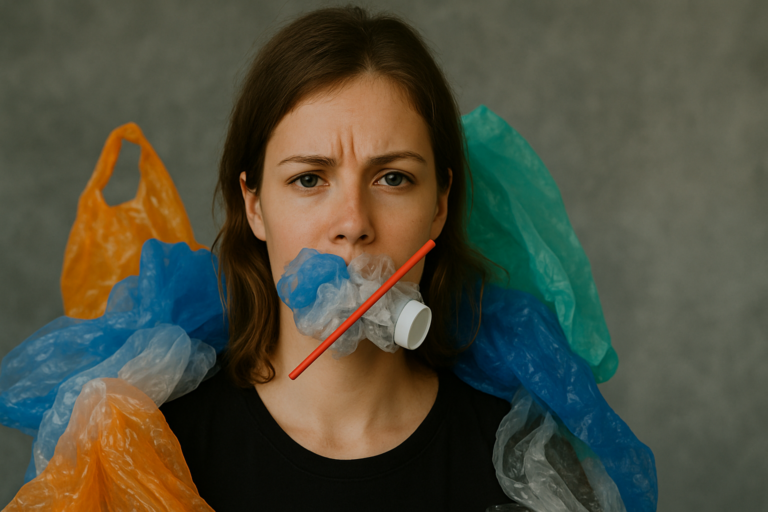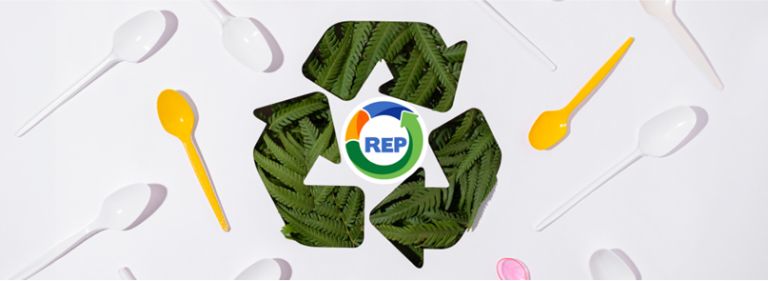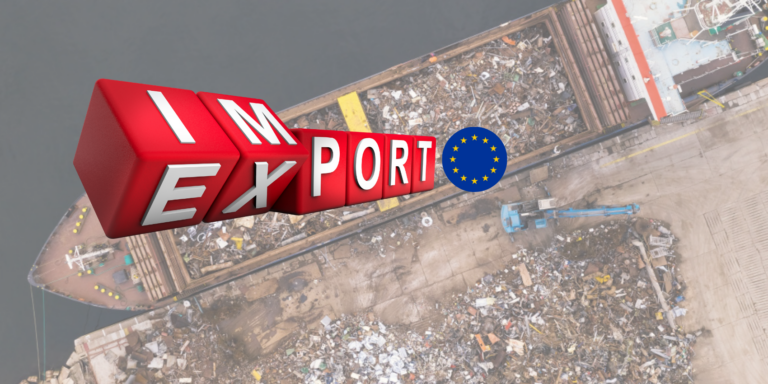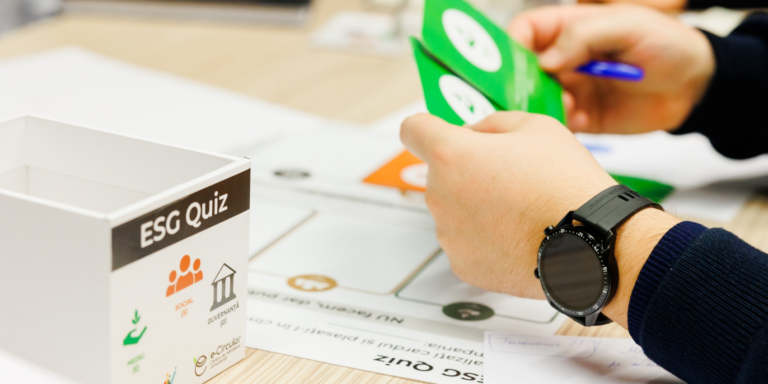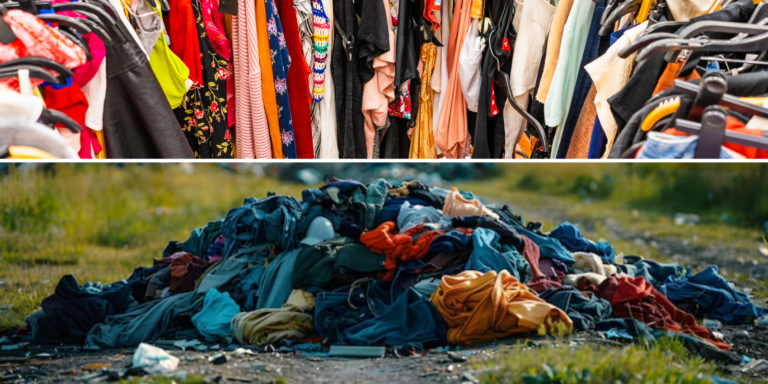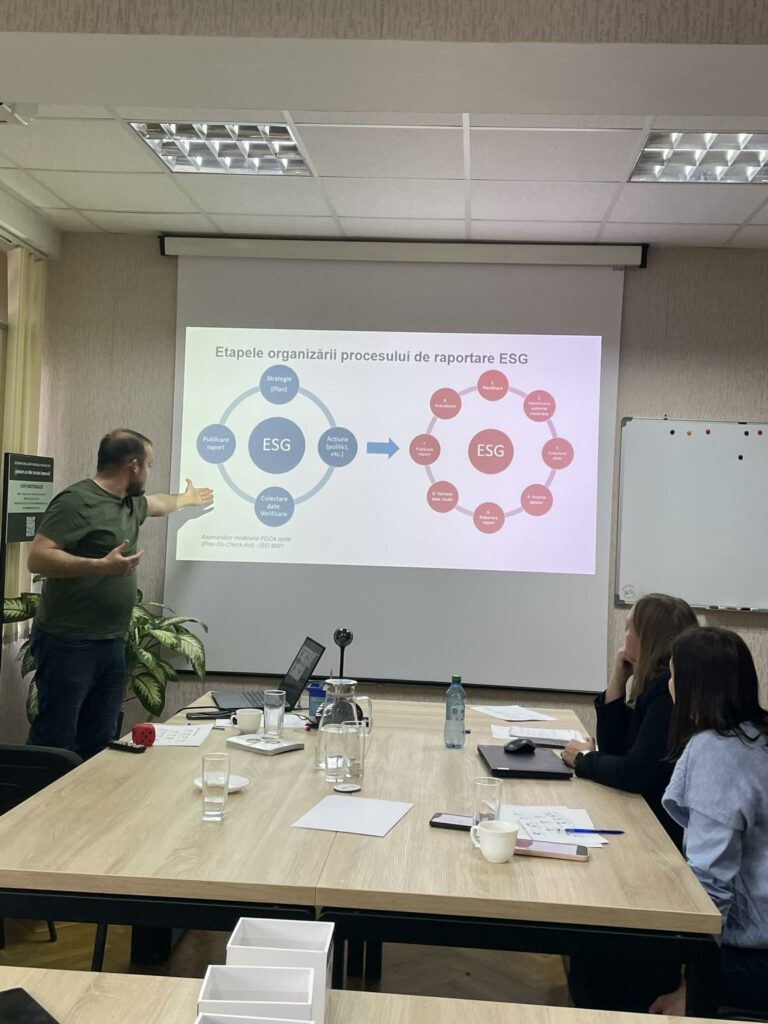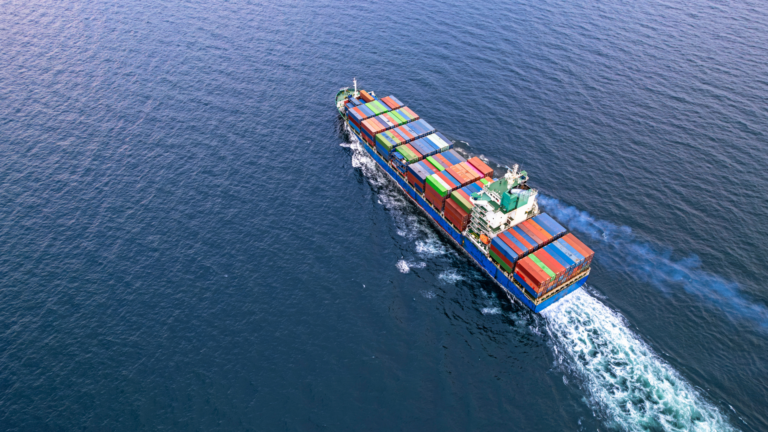WORLD REFILL DAY Tips to ditch single-use packaging!
Details
As we become more aware of the devastating effect plastic has on the environment, many of us are looking for ways to live more sustainably and reduce our use of single-use packaging.
Reducing our plastic footprint is a great way to take action, and World Refill Day is a great time to start making small changes. We don't need one person to make it perfect by ditching single-use plastic. We need millions of people to make small changes that together have a big impact.
Here are some tips to start living with less plastic – without emptying your wallet. And remember, there's no need to throw away the products you already have. Use them before replacing them.
THE WATER
A great habit to start with reducing single-use plastic is to carry a reusable water bottle and refill it when needed. Not only will it keep you hydrated (and healthy), but it will save you money and prevent plastic pollution from the BILLIONS of single-use bottles we use and throw away every year around the world.

HOT BEVERAGES BY PACKAGE
Around 500 billion cups of takeaway coffee are used globally each year – enough to circle the Earth 1,360 times! But did you know that less than 1% of these are recycled? The rest end up being burned or sent to landfill after just one use. This is one cup of coffee pollution we can do without!
Using a reusable coffee cup means you can enjoy your morning drink without plastic. Many coffee shops even offer discounts or incentives for bringing your own cup, so you can save money too!

PACKED LUNCH
The food market is responsible for an impressive amount of plastic pollution worldwide, and takeaway containers are consistently in the top ten polluting items found as litter in the environment. Single-use bags, plastic bottles, food containers and fruit/vegetable packaging are the four most common items that pollute water bodies, accounting for almost half of human-generated waste. To avoid the single-use plastic that comes with packed lunches, you can pack your lunch at home or take an empty container with you and use it when you go to the cafeteria to eat lunch.
 DETECTIVES
DETECTIVES
It is estimated that one million plastic bottles are sold every minute worldwide. These single-use bottles not only contribute to the plastic pollution found in nature, but also contain a lot of toxic chemicals. Fortunately, there are stores that offer the option to fill your own liquid detergent and fabric softener. There are now plenty of plastic-free, refillable cleaning products that will keep your home sparkling clean without the chemicals and plastic waste that regular cleaning products generate. Take the empty bottles and go to the local store that has a refill station to fill up everything you need. And if you want to go all natural, you can make your own cleaning products with lemon juice, baking soda and vinegar – and zero plastic or chemical pollution!
 FRUITS AND VEGETABLES
FRUITS AND VEGETABLES
Avoid pointless plastic and choose unpackaged or bulk fruit and vegetables where possible. Local markets or greengrocers often offer more packaging-free options compared to supermarkets. Or you can grow your own fruits and vegetables at home, because for personal use there is no need for a large and complicated garden. And an advantage of having your own garden is the fact that the vegetables and fruits are organic, grown and cared for by you, perfect for making your food more delicious and healthy.

CONTAINERS FOR STORAGE
Buy household products such as pasta, rice, nuts and lentils without plastic packaging, but in bulk/by the kilo.
More and more supermarkets now offer bulk food. And most of the time the kilo option is much cheaper than the prepackaged one. So, it is enough to have some reusable containers – jars, and start your journey to a plastic-free kitchen!
 MILK
MILK
In the past, milk was supplied in reusable glass bottles. But nowadays it is more often packed in plastic bottles or cardboard boxes, which is complicated to recycle. But did you know that you can get milk supplies at local farmers markets where the milk is organic.
 HERBS AND SPICES
HERBS AND SPICES
Why not keep the herb and spice bottles when they run out and refill instead of buying new ones. At the store you can buy the spices in larger packages and from it refill the amount you need at home in the container you keep on the kitchen shelf, instead of buying small quantities of spices and herbs each time. Not only do you cut down on plastic going to landfill, but it's often cheaper to buy herbs and spices by weight.
 There are many other important ways to take action and help reduce plastic production, such as: calling big brands and polluters to let them know we need them to act, signing petitions, getting governments to act, and joining groups local communities. If there are tips or ideas in this article that don't fit your current needs, that's fine. It is not mandatory to switch to ZERO WASTE today and now, but rather gradually, to make it a habit rather than a trend that will be forgotten or obsolete in a few months.
There are many other important ways to take action and help reduce plastic production, such as: calling big brands and polluters to let them know we need them to act, signing petitions, getting governments to act, and joining groups local communities. If there are tips or ideas in this article that don't fit your current needs, that's fine. It is not mandatory to switch to ZERO WASTE today and now, but rather gradually, to make it a habit rather than a trend that will be forgotten or obsolete in a few months.
Related articles
Reacțiile la studiul publicat recent de Agenția Franceză pentru Siguranța Alimentelor, Mediului și Sănătății Ocupaționale (ANSES)
De ani de zile, marcăm simbolic Ziua Mediului, vorbim despre reducerea poluării cu plastic, venim cu
Modelul economic actual este construit în mare parte pe un sistem liniar de tip „extrage-produce-aruncă”, în
În contextul economiei circulare și al gestionării eficiente a deșeurilor, mecanismul de Responsabilitate Extinsă a Producătorului
În tranziția spre economie circulară, exporturile de materii prime reciclabile din Uniunea Europeană către țări terțe
Centrul de Instruire și Consultanță E-Circular anunță organizarea unei noi ediții a cursului „Raportarea de sustenabilitate
Ziua Internațională “Zero Deșeuri” sărbătorită pe 30 martie și facilitată în comun de Programul Națiunilor Unite
Termenul ESG și raportarea de sustenabilitate sunt tot mai cunoscute în Republica Moldova, mai des utilizate
În perioada 12-19 martie 2025, Centrul de instruire și consultanță E-Circular a organizat cursul „Raportarea de
La data de 20 mai 2024, a intrat în vigoare noul Regulament UE 2024/1157 privind transportul deșeurilor

